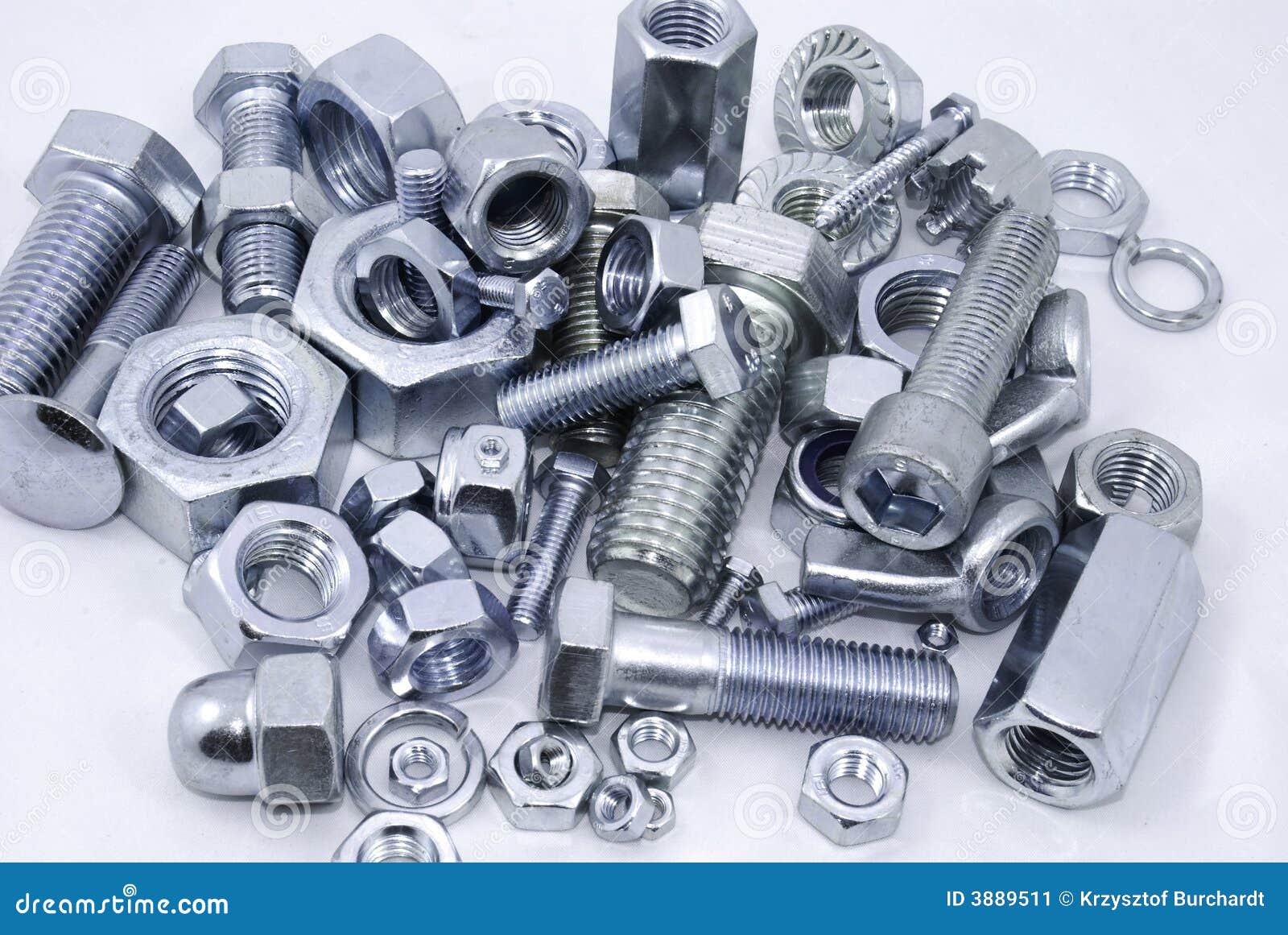When it comes to building, car maintenance, or even everyday DIY projects, nuts and bolts are the essential elements that hold it all in place. These fasteners come in a myriad of shapes, sizes, and substances, each crafted for specific tasks and applications. Grasping the journey of these vital components, from basic elements to the racks of your nearby hardware store, can enable both professionals and enthusiasts to make informed decisions about which fasteners will best satisfy their needs.
In this thorough guide, we will dive into the fascinating world of nuts and bolts by delving into their categories, functions, and the critical factors to think about when choosing the right hardware for your projects. From heavy-duty construction to intricate car fixes, we’ll discuss the most common types, their unique applications, and provide insight into the differences between various types such as machine fasteners, structural fasteners, and more. Whether you are a experienced professional or just beginning out, our exploration into the realm of hardware will equip you with the insight to select the best options for durability and reliability.
Types of Nuts and Screws
Nuts and screws are essential fasteners used in a variety of settings, from building to vehicle maintenance. They come in many types, every one designed for specific purposes and performance requirements. When choosing the right type of fastener or screw, it’s crucial to evaluate factors such as weight capacity, material compatibility, and environmental conditions. Knowing https://pichestan.com/ can help you select the most suitable component for your task.
Bolts are typically categorized into multiple standard types, including hex, rounded head, and heavy-duty bolts. Hexagonal bolts have a six-sided head that can be tightened using a wrench, making them flexible for various applications. Carriage screws, characterized by a circular head and rectangular neck, are commonly used in wood connections and can be installed quickly. Heavy-duty bolts are designed for robust fastening into wood and offer superior holding power, making them ideal for construction applications.
Fasteners also are available in numerous varieties, including standard, security, and washer fasteners. Regular nuts are the most widely used and can be used with any matching bolt. Lock nuts provide additional security by preventing loosening due to vibration, which is crucial in mechanical assemblies. Washer nuts have a built-in washer, spreading the load and improving grip, making them an great choice for applications with restricted space or where vibration is a concern.
Materials and Finishes

When it comes to selecting nuts and bolts, the substances used play a vital role in determining their strength, and fitness for particular applications. Iron is one of the most common materials, known for its outstanding tensile strength and versatility. It can be alloyed with various elements to enhance its properties, making it suitable for a wide range of construction and manufacturing tasks. Brass and titanium are also commonly used materials, particularly in applications where corrosion resistance and lightweight design are critical factors. Brass is often used in plumbing and electrical applications, while titanium is favored in aerospace and high-performance contexts due to its impressive strength-to-weight ratio.
Coatings applied to fasteners can significantly influence their effectiveness and lifespan. Zinc coating is a widely used coating that offers fundamental corrosion resistance by creating a barrier between the metal and external factors. Hot-dip galvanizing provides a more substantial zinc layer, making it suitable for outdoor applications where exposure to moisture is a concern. Additionally, coatings like epoxy or powder coating can improve appearance and add further protection against rust and wear, making them ideal for decorative and long-lasting projects.
In specific applications, selecting the right material and coating becomes even more important. For example, corrosion-resistant steel fasteners are favored for their excellent corrosion resistance, making them perfect for marine and outdoor environments. On the other hand, corrosion-resistant coatings can protect ordinary steel fasteners when stainless steel is not an option. Understanding the properties of various materials and coatings is essential for ensuring the durability and dependability of nuts and bolts in any given project.
Purchasing Guides and Analysis
In the realm of purchasing nuts and bolts, knowing what to look for is key to ensuring you choose the suitable fasteners for your particular needs. Begin by assessing the components and protective layers available, as they play a key role in longevity and functionality. For outdoor projects, consider rust-resistant options like zinc-plated fasteners. It's also essential to evaluate the load and load demands of your project to select a bolt that can handle the stress without breakdown.
Another important factor to consider is the measurement of nuts and bolts. Proper dimensioning is crucial for a tight fit, so familiarize yourself with both SI and US customary systems and how to measure accurately. Keep in mind that different applications may require different thread types, such as heavy threads, light threads, or metric threads. Understanding these details will help you steer clear of purchasing fasteners that are inappropriate for your project.
In conclusion, it's wise to compare bolt grades, as different grades indicate different strengths and uses. Consult bolt strength evaluation charts to easily find which fasteners satisfy your project's requirements. Researching unique fasteners, such as tamper-proof options, can also add an extra layer of protection for vulnerable applications. By taking the time to explore these aspects, you can make educated decisions and spend in high-quality fasteners that will ensure the success of your projects.
